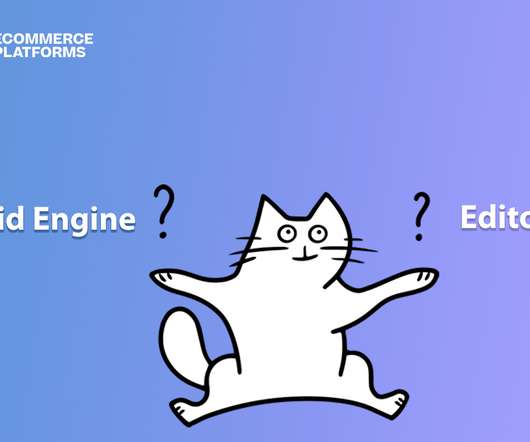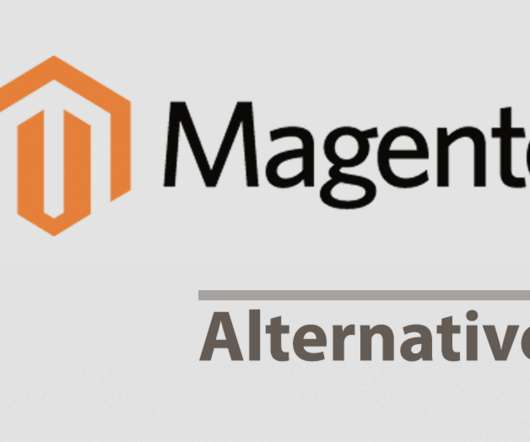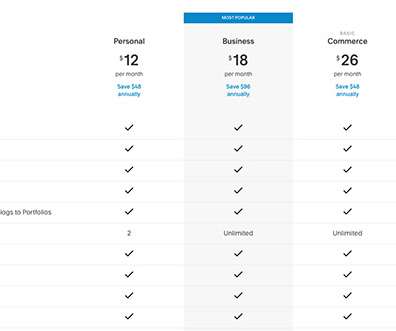Fluid Engine vs Editor X (Nov 2022): Choose the Best Site Builder
Ecommerce Platforms
NOVEMBER 9, 2022
For ecommerce, Fluid Engine has the following features: Unlimited products Abandoned cart recovery Subscriptions Advanced shipping Product reviews Online bookings and scheduling Content blocks for online stores Donations Instagram products Advanced discounts Merchandising. The Winner: Editor X. Editor X Pricing. Winner: Editor X.
























Let's personalize your content